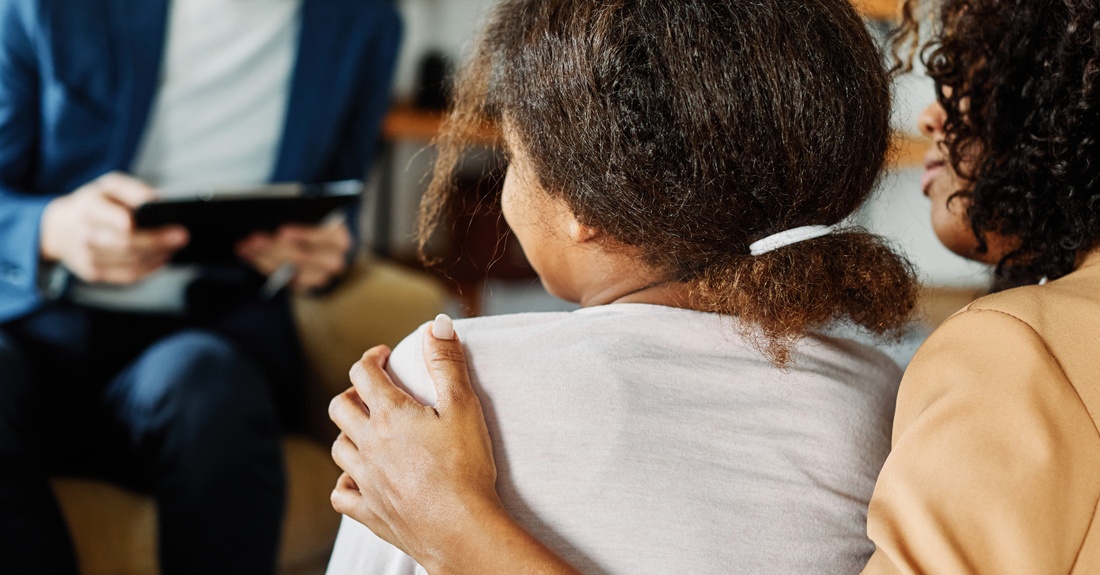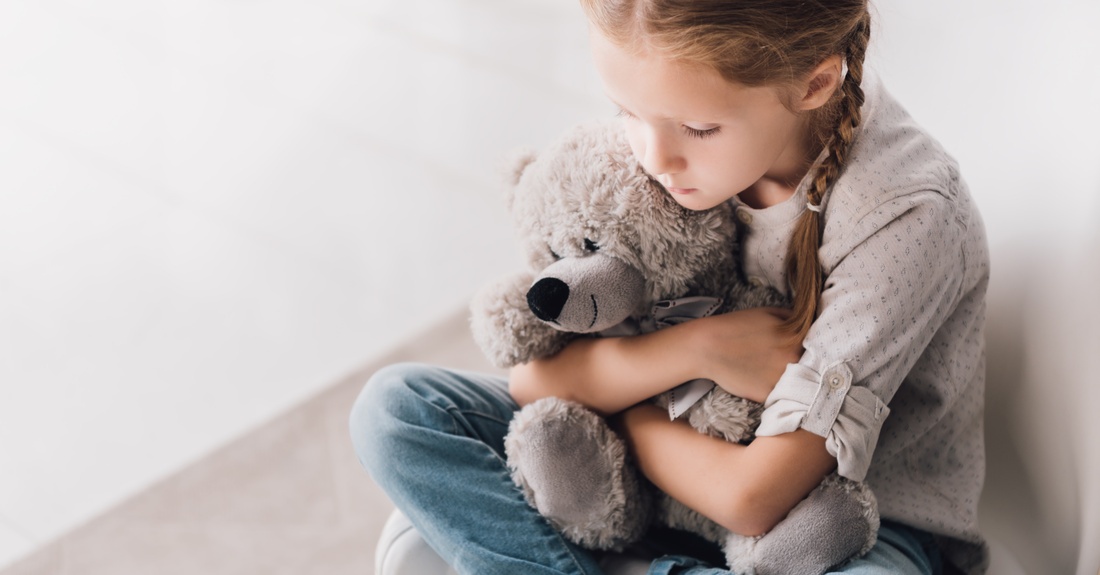
By and large, parents and caregivers want the best for their children and will do whatever they can to protect their child from hardship. So when a kid’s mental health is suffering, it can be tumultuous for the whole family.
It can be difficult to know what to do or how to seek help when your child is experiencing mental health issues. It can be easy to pore through children’s mental health articles and a child mental disorders list to attempt to diagnose your loved one on your own. While you’re likely urgently searching for a way to help, you may inadvertently be causing harm. Let’s discuss some options you can take when your child has mental health issues.
What should you do when your child has mental health issues?
- Take concerns seriously, but don’t jump to conclusions. First, know that you’re doing the right thing by recognizing the warning signs of kids’ mental health issues. Parents, guardians and mentors who care enough to want to act quickly after suspecting mental health difficulties are exactly those who kids deserve to have in their corner. And while it’s important to take your concerns seriously and not sit on the sidelines as their symptoms worsen, don’t assume the worst. The vast majority of struggles on the child mental disorders list that kids and tens experience can be completely — or at least significantly — improved through treatment.
- Have a conversation free of judgment. If adults want to advocate for a child’s or adolescent’s mental health, they should start by having an open conversation. Stick to the facts and keep judgment and shame out of the equation. For example, you can say, “I’ve noticed you’ve been having a lot of trouble sleeping lately, you’ve seemed a little more on edge than usual, and you seem nervous when you’re about to go to school. Have you noticed that? What do you think about that?”
- Offer support and to listen to them. You may do your best to initiate a conversation about mental health without judgment, but that doesn’t mean it will be well received; older kids and teenagers may understand mental health stigmas more than younger kids and react negatively. That doesn’t mean adults can’t offer multiple times to listen and be supportive to give kids and teenagers an easy opportunity to speak up if or when they want to talk about mental health.
- Seek professional help. It’s a great idea to seek help from a professional mental health provider or an organization like Heart of Iowa Community Services (HICS) at the first signs of mental illness in children. They can help you assess the situation and make recommendations on what to do next. Professionals can also help provide pointers on how to have a healthy, shame-free conversation about mental health.
Why mental issues in children should be taken seriously?
Childhood and adolescence are important times for children and teens to learn to recognize and take care of their overall well-being. Having a healthy mental state and building coping skills to maintain good mental health at a young age create a higher likelihood that kids will develop into adults that have good mental health. They may also be more willing to address negative mental health as an adult if they have examples to draw from in their youth.
About 1 in 5 children in America experience a mental health struggle, according to the Centers for Disease Control and Prevention. The same statistic is true of adults in America and their likelihood of experiencing short- or long-term mental health difficulties. That could be because mental health struggles for kids and teens go unaddressed and snowball as more of life’s experiences and responsibilities are added to the equation.

How to support a child with mental health issues?
First and foremost, know that no one and no family has to struggle alone or in silence.
As mentioned above, connecting a child to a professional mental health expert is the best step to take if they are experiencing difficulties. Mental health providers can advise a child or teen and their family or support system on how to cope with negative mental health struggles. Some mental health concerns could be completely improved or significantly managed through the help of talk therapy, medication or a combination of many other treatment methods.
But children and teens may not always be around supportive family members, so you may be wondering how to support a child with mental health issues in school during childhood and adolescence. School counselors are a great resource to train educators on how to best help children and teens with a mental health struggle, and they can also be incredible advocates for students and families.
HICS can work with school counselors and educators to train them on supporting students’ mental health needs. We also often work with school counselors to refer families to services close to home.
Can mental disorders in children and teens be prevented?
While some kids’ mental health conditions could potentially be prevented, it’s more important to focus on early intervention. It can be impossible to predict and protect against every trigger a child will encounter inside and outside of the home, so you don’t know what may exacerbate a mental health struggle.
No matter the mental health struggle, early intervention and a full support system comprised of family, friends, mental health professionals and others are the best ways for kids and teens to manage their mental health.
Reach out for help at HICSIowa.org. Services are confidential, and we can connect you to supports for your child’s unique needs.
